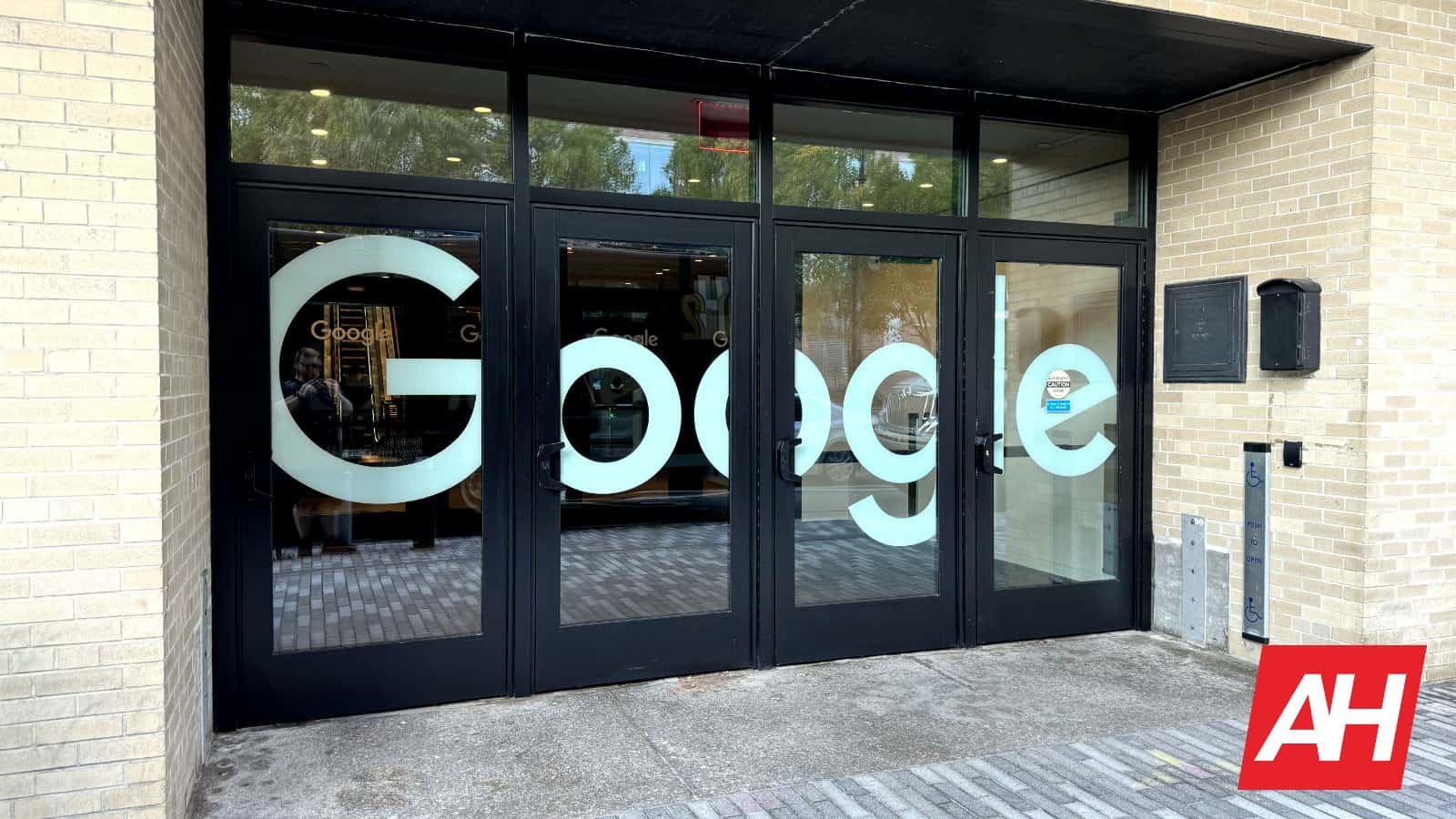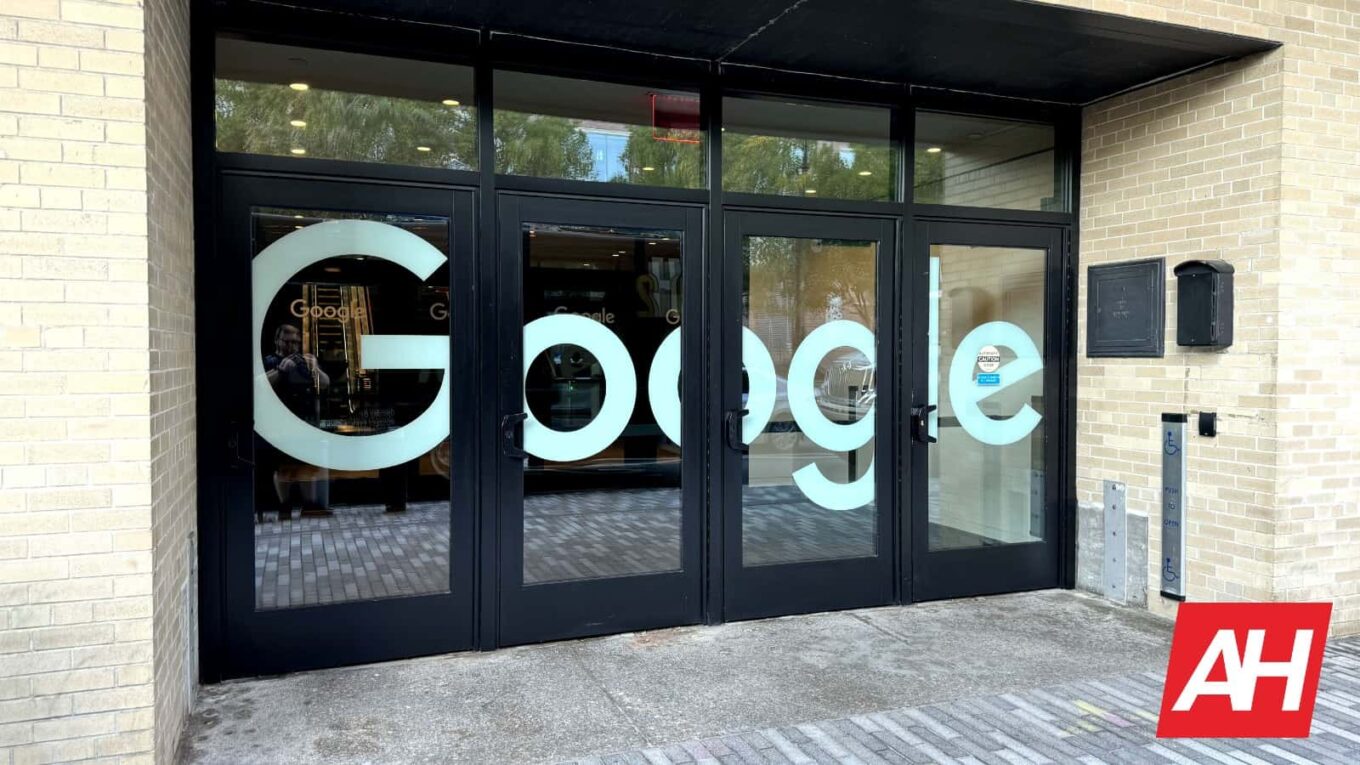Google was once a company that was more about the accuracy of the information it fed to users than anything else, but that mentality of what the company offers has shifted over the years to be more about freedom of expression. There’s nothing wrong with freedom of expression, but it shouldn’t come at the cost of accurate information.
That seems to be the direction things are headed for services like Google and YouTube. This past week, YouTube confirmed that it was changing its speech policies again. The change will essentially allow accounts that were banned for spreading misinformation to request reinstatement. This will be an application-based process. So, accounts that were banned won’t automatically be reinstated. Reinstatement will still be at the discretion of YouTube.
That being said, YouTube’s willingness to give accounts like this another shot paints a picture of the company’s transition to one that cares more about letting people express themselves however they want, then feeding viewers information that’s factually correct. It should be noted that many of these accounts were banned for spreading misinformation about the COVID-19 pandemic and the 2020 US election. That misinformation was harmful and could have led to potentially disastrous outcomes.
Google and YouTube are both working on ways to improve the accuracy of shared information
While Google and YouTube are shifting their stances on how accurate information is presented, they aren’t necessarily abandoning it entirely. At least, that’s how it appears. It’s worth noting that YouTube’s allowance of previously banned accounts applying for reinstatement looks like it’s moving away from accuracy. The company is also adding methods for trying to keep information accurate.
As reported by CNBC, the company has confirmed it’s working on adding Community Notes to comment sections that will allow users to give additional context to videos. Similar to how this currently works on X.
Google is also working on a tool called SynthID that is designed to tell users when an image is AI-generated. These tools are meant to try and keep information as accurate as possible. But it’s unclear how well they will work. What is clear is that Google and YouTube aren’t the beacons of accurate information that they used to be.
The post Google is less about informational accuracy these days, and more about 'free expression’ appeared first on Android Headlines.

Source: ndroidheadlines.com
